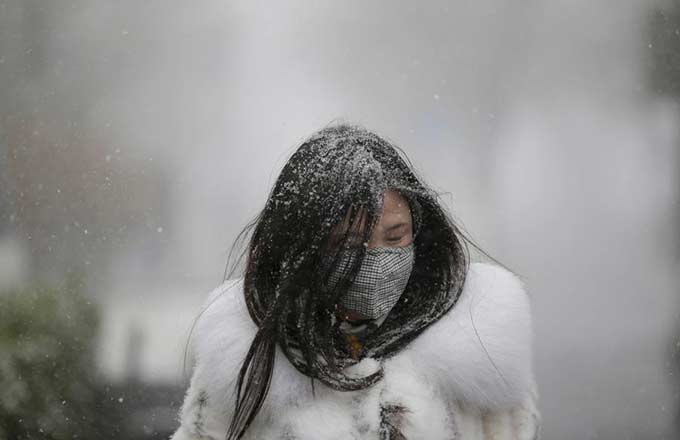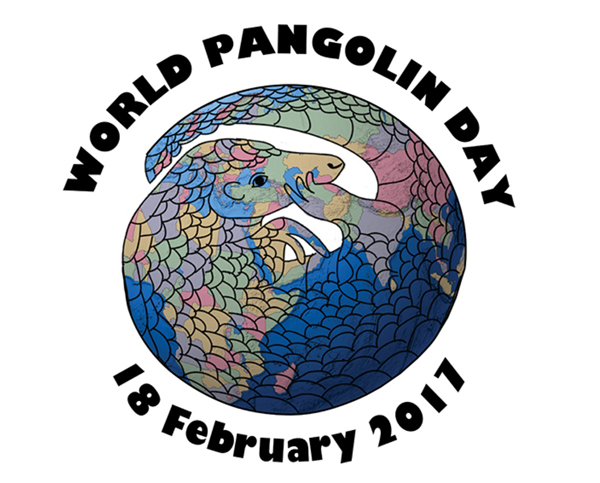Shanghai starts culling fowl
No sign seen of human-to-human transmission of H7N9 bird flu
 |
|
Technicians wearing protection suits begin to cull fowl early on Friday at a poultry wholesale market in the Songjiang district of Shanghai where the H7N9 bird flu virus was detected in pigeon samples. [Photo by Liu Xin / For China Daily] |
All live poultry markets in Shanghai will be closed from Saturday after H7N9 bird flu virus was found in pigeon samples from a farm product market in the Songjiang district, the municipal government announced on Friday.
Early on Friday morning, 20,536 birds were slaughtered at the Huhuai wholesale market, where the infected pigeons were found the day before.
To date, the city has reported six cases of H7N9 bird flu, and four people have died from the virus. The other two, an adult and a 4-year-old boy, remain in a hospital.
So far, 16 H7N9 cases have been confirmed in China. Aside from the Shanghai cases, six are in Jiangsu, three in Zhejiang and one in Anhui provinces. Two people died in Zhejiang.
The latest fatality was a 64-year-old farmer who died in Huzhou, Zhejiang, provincial officials said.
Shanghai's two surviving patients "are getting better", Wu Fan, chief of the city's Center for Disease Control and Prevention, said at a news conference on Friday. "Not all H7N9 cases lead to severe illness."
Wu suggested that people with a fever and runny nose who suspect they have the virus seek immediate treatment at hospitals. The most recent victim waited for one week after being infected to see a doctor, he added.
Of the 119 people who have had close contact with H7N9 patients in Shanghai, only one developed a cough, runny nose and sore throat, but that person tested negative for H7N9, Xu Jianguang, director of the Health and Family Planning Commission of Shanghai, said at the Shanghai news conference on Friday.
"The crucial factor in limiting the number of H7N9 patients depends on whether the virus can spread among human beings. So far we haven't found any cases showing this kind of virus can spread from person to person," Wu said.
The World Health Organization agreed, saying on Friday that "sustained human-to-human transmission" of the H7N9 virus in China has not been seen.
"We have no sign of any epidemiological linkage between the confirmed cases, and we have no sign of sustained human-to-human transmission," WHO spokesman Gregory Hartl said at a news briefing in Geneva.
A faster procedure for H7N9 virus diagnosis is being used in Shanghai, and two hospitals have been designated to treat patients.
"For early treatment, Tamiflu, an antiviral drug, is still effective in the latest infections," said Lu Hongzhou, a member of the flu disease prevention and control expertise committee under the National Health and Family Planning Commission. Meanwhile, public concern about the H7N9 strain of bird flu is expanding gradually.
Breathing masks and Banlangen, a traditional Chinese herbal medicine that the Jiangsu provincial health bureau suggested could help ward off the virus, are in high demand.
Xue Li, a sales clerk at a Nepstar drugstore in Wuxi, Jiangsu province, said their Banlangen was sold out and all the masks were out of stock by Friday.
Related stories:
UN praises China's quick notification of H7N9
Shanghai bans entry of live poultry
No sign of H7N9 human-to-human transmission
Hong Kong on higher alert as girl tested for H7N9

























